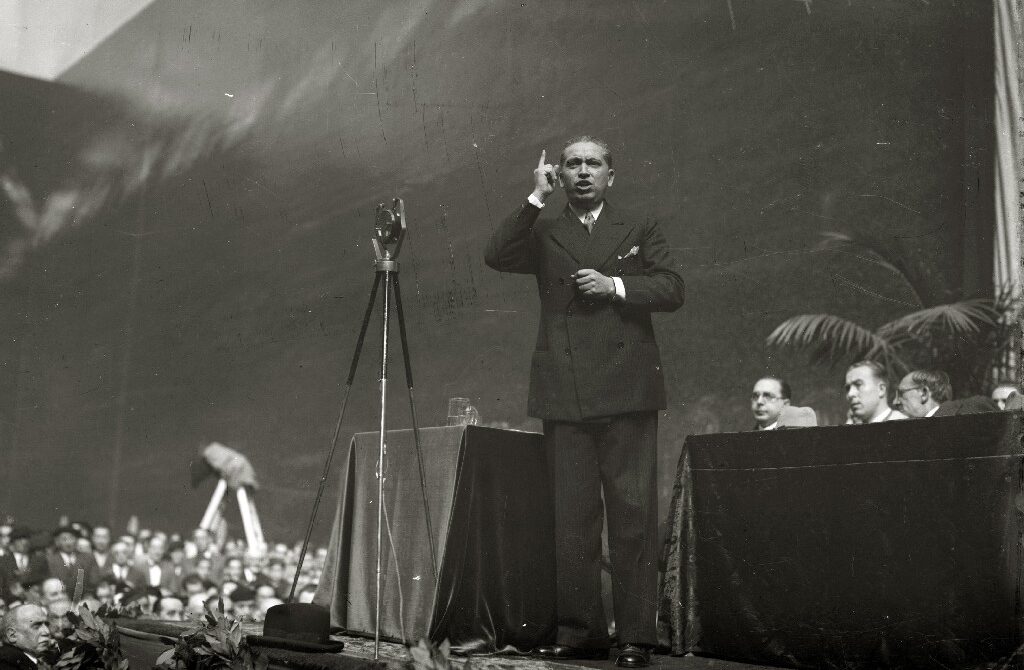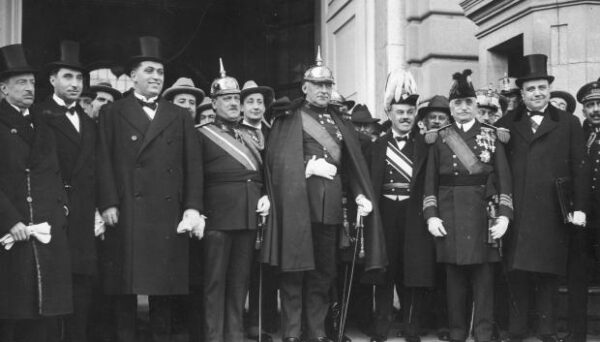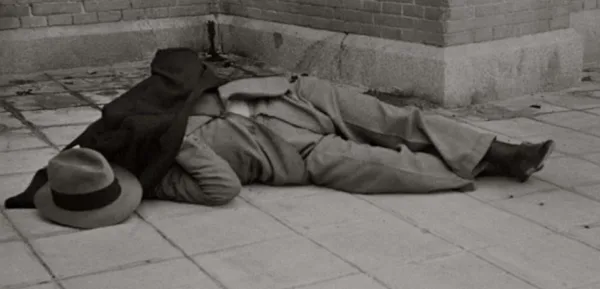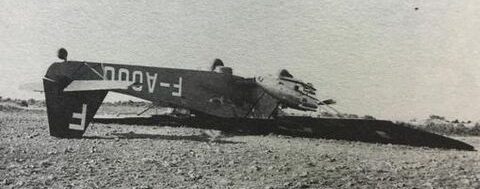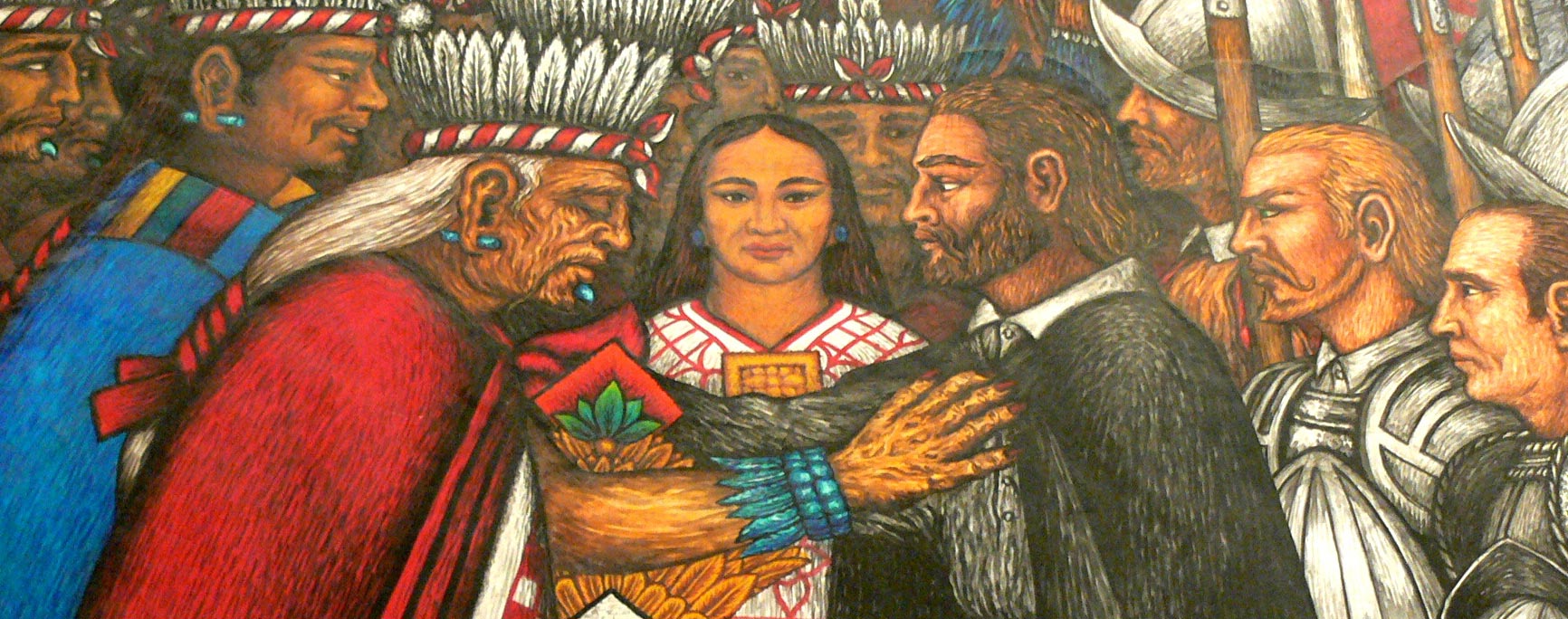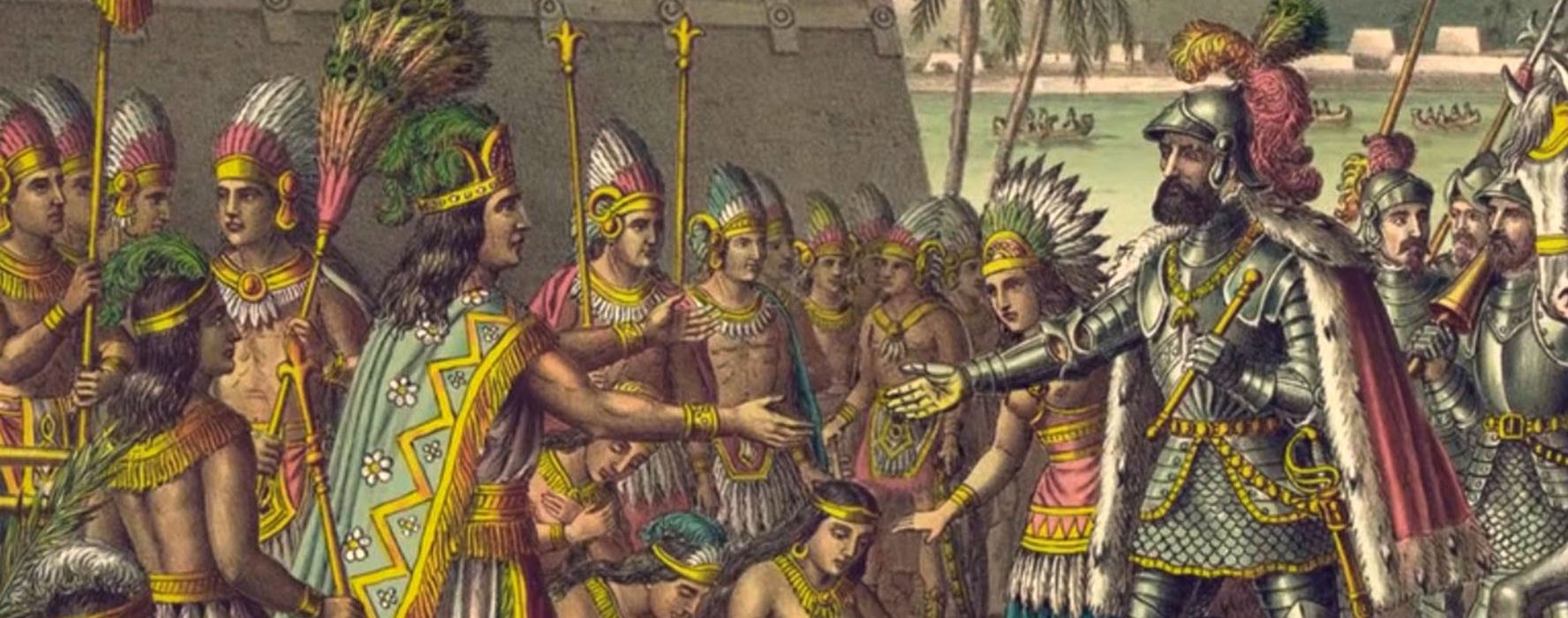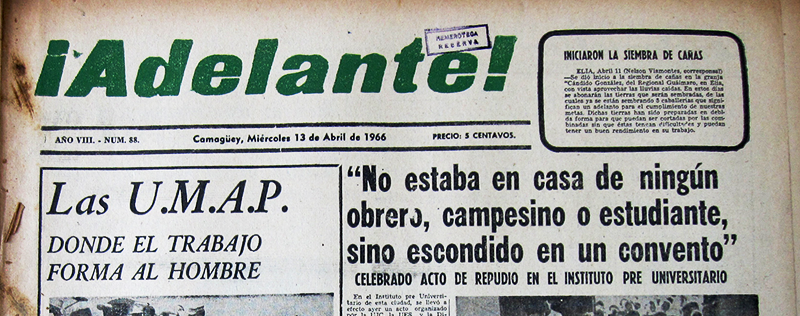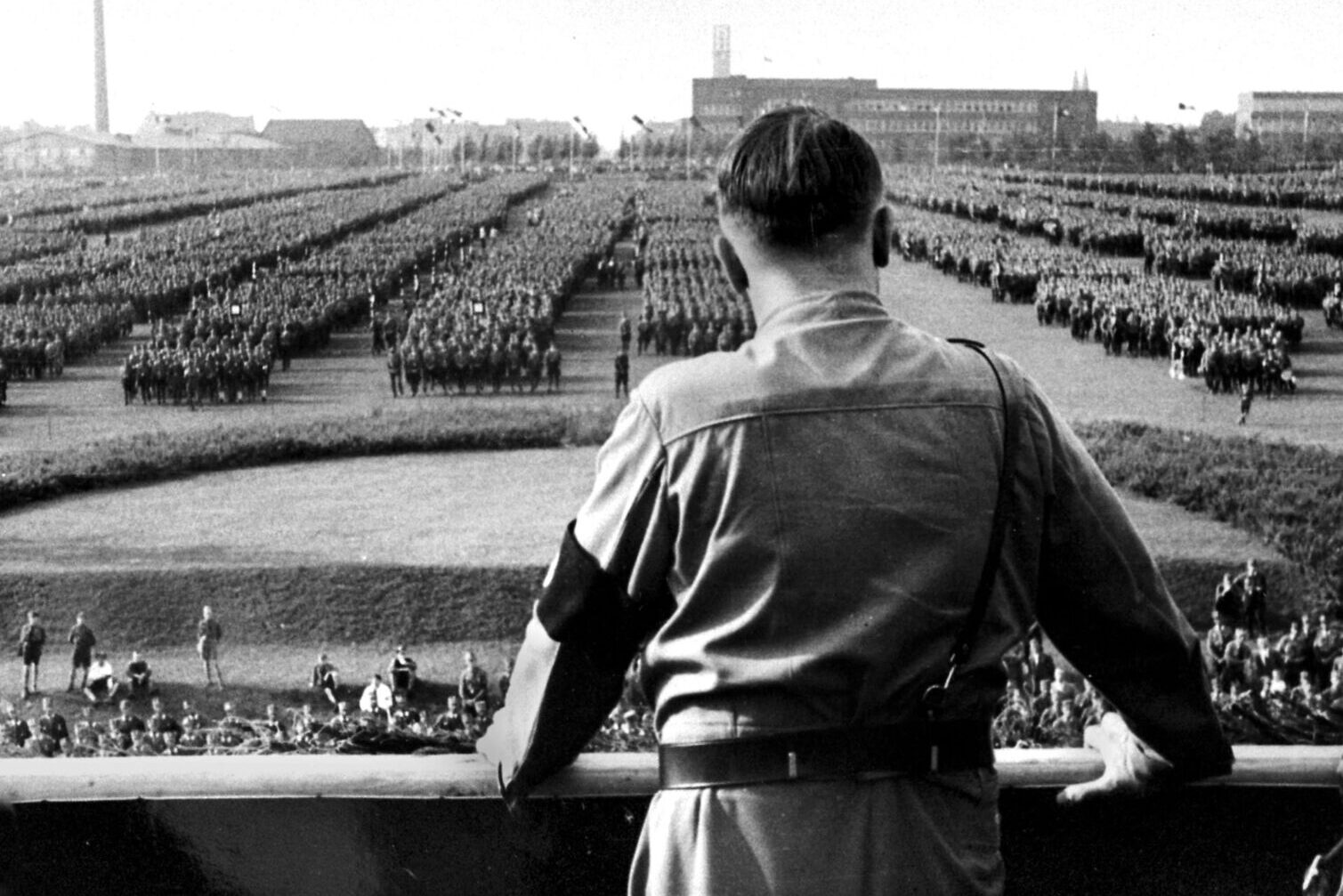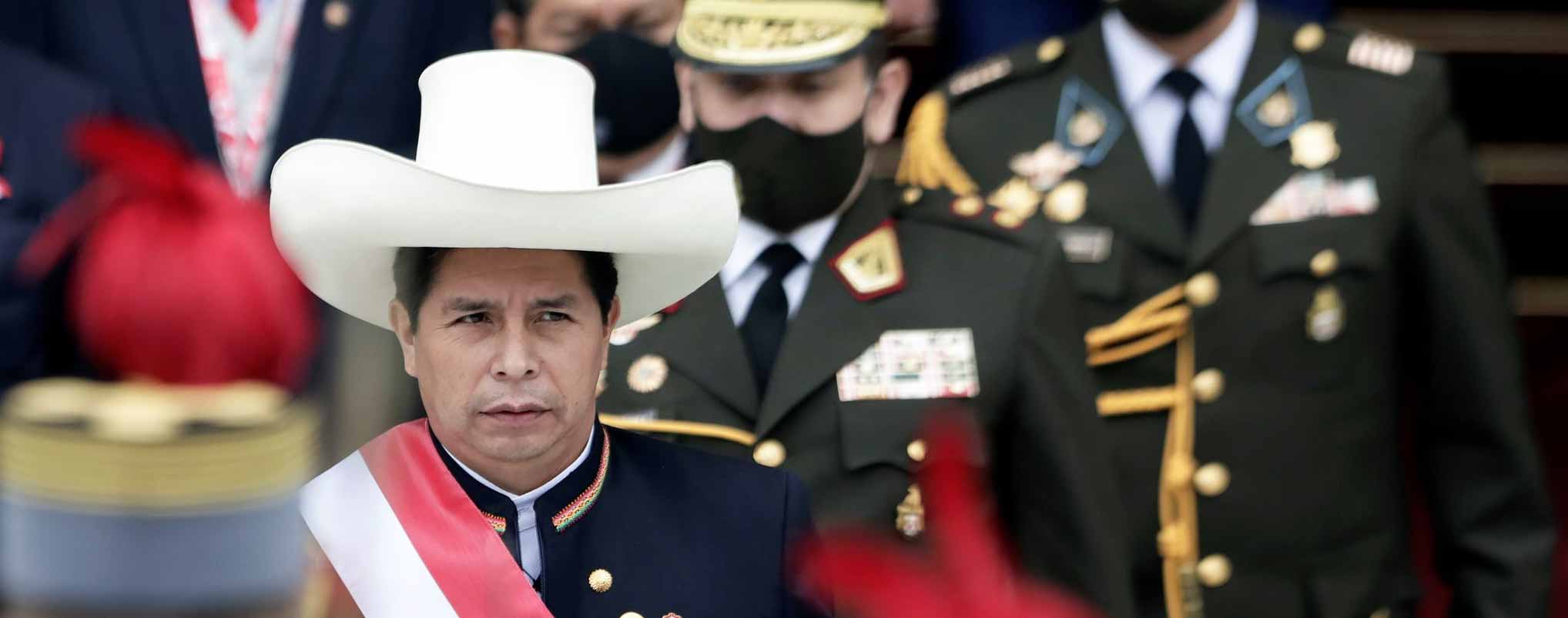Source:El Debate
His murder in July 1936 hastened the start of the military uprising that led to the Civil War.
José Calvo Sotelo was the leader of the monarchist opposition and the minister who had contributed to the economic revival of Spain during the Dictatorship of Primo de Rivera. Of Galician origins, from the area of Tuy and Ribadeo, he was part of a family generation active in public life that was destined to leave a long trail in the history of national politics and culture.
His father was a judge, Pedro Calvo Camina, from a town in Palencia, married to Elisa Sotelo. The first-born son, José, was born in 1893 in Tuy, the last town in Galicia on the border with Portugal. Later came Leopoldo, Joaquín, Luis and Pilar. Family destinies meant that as children they had to change residence frequently, so José Calvo Sotelo spent part of his childhood in La Coruña, where his younger brother Joaquín, a playwright and leading figure on the Spanish cultural scene in the second third of the 20th century, was born. There is still an institute named after him.
José studied law in Zaragoza, obtained his doctorate in Madrid and became a State Lawyer. In those years he began a political career that led him to join the Maurismo (from Antonio Maura) movement, and he was very critical of the caciquismo in his speeches as a member of parliament. With the crisis of the Restoration and the beginning of the Dictatorship, Calvo Sotelo assumed greater political responsibilities in the new organisation chart. Among other actions, with him as Director General of the Administration, the Municipal Statute of 1924 was approved, which recognised women’s right to vote for the first time in Spain, something that is not always remembered.
As Minister of Economy between 1925 and 1930, the country entered a period of growth, favoured in part by the development policies promoted by his cabinet. A convinced monarchist, he took on the responsibility of standing firm in his ideals when the Second Republic was proclaimed. He went into exile and was unable to return until the amnesty of 1934. He was one of the most visible heads of Renovación Española, the Alphonsine party of the so-called “radical right” which, from its parliamentary minority, fought in the Cortes against the political evolution of Spain, and head of the so-called “National Bloc”, the electoral coalition of Alphonsines and Carlists.
Calvo Sotelo did not take kindly to what he and so many others considered Gil Robles’ “betrayal” in 1933 when he chose to align himself with Lerroux’s radicals. And perhaps because of this, the chances of a strong Counter-Revolutionary Front in the run-up to the February 1936 elections were much more precarious. From that point on, the story is well known: the victory of the Popular Front ended up dynamiting the climate of violence that the country was experiencing in the face of the governmental ineffectiveness of the liberal forces.
Strikes, demonstrations, problems in the countryside and the suspension of constitutional guarantees. This was the state of affairs when, in the early hours of 13 July 1936, PSOE militants, with the support of some members of the state security forces, went to look for him at his Madrid home in Velázquez and killed him inside van number 17 of the Assault Guard. His murder, however much some would like to dispute it, did not have the same dimension as the death, a few hours earlier, of Lieutenant José Castillo, instructor of a MAOC paramilitary force.
The newspaper Ahora ran two photographs on its front page, but their consequences were in no way comparable (14 July 1936). When his body was found lying in the Almudena cemetery, the government forbade the funeral chapel to be set up in his house or in the Academy of Jurisprudence, of which he was president. His brother Joaquín had to spend the first months of the Civil War as a refugee in the Turkish and Chilean embassies until he managed to leave Spain.
José Calvo Sotelo had been married to Enriqueta Grondona since 1918. Four children were born of this marriage, of whom their descendants have had relevance in the cultural, political, university and, more recently, social spheres. Leopoldo Calvo-Sotelo y Bustelo, president of the UCD government in 1981, also descends from the original branch of the Calvo-Sotelo family. He is the son of the second of José’s brothers. Leopoldo had been vice-president under Adolfo Suárez and it was precisely when his investiture was being debated that the failed 23-F took place. He was head of government for only a short time, barely until December 1982.
Perhaps because his own people would not let him and many made “the bed” for him. It is possible that with more time in office he would have been remembered as a good president. Just as his uncle José might have been. Although we will never know what the ideological evolution of the two political protagonists of this dynasty was: the circumstances of a time and an era, in both cases, prevented it.
Share this article
On This Day
- 1552 Battle of Bicocca.
- 1565 Miguel López de Legazpi founds Cebu as Villa de San Miguel.
- 1806 María Cristina de Borbón Dos Sicilias was born.
History of Spain
26 August 2020
27 January 2021
Communism: Now and Then
23 December 2022
28 July 2021
